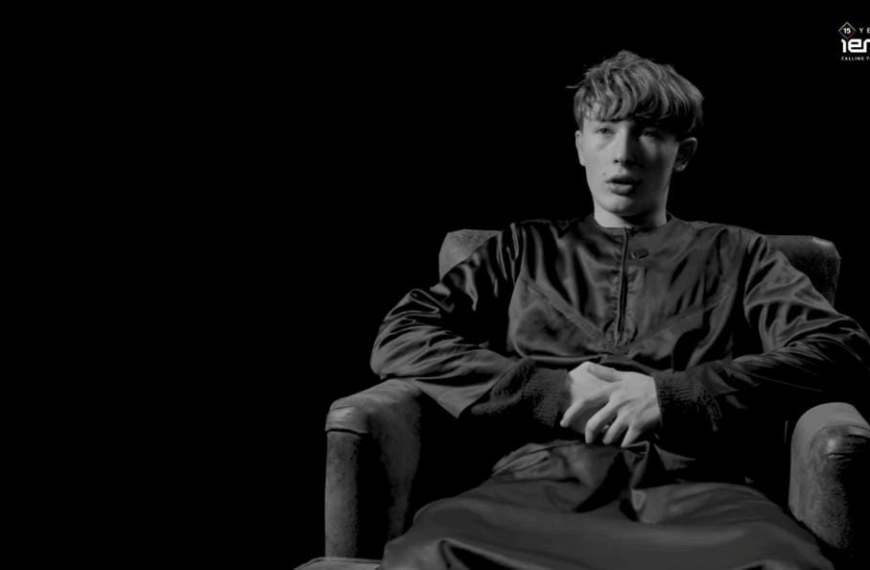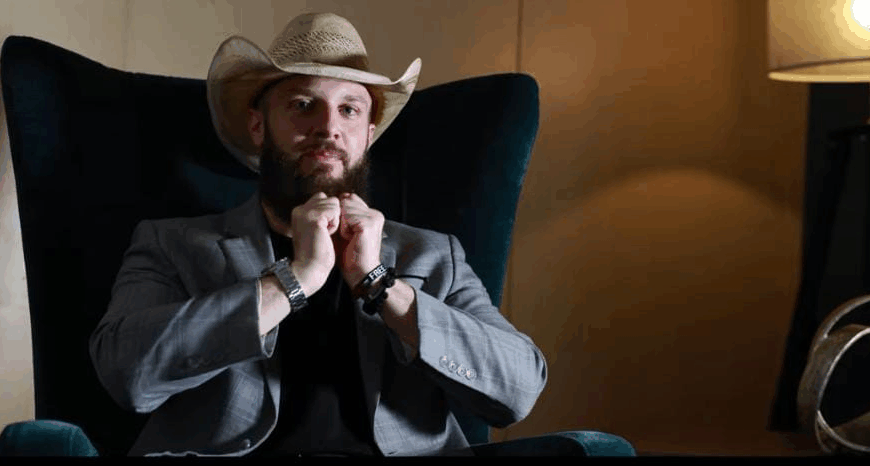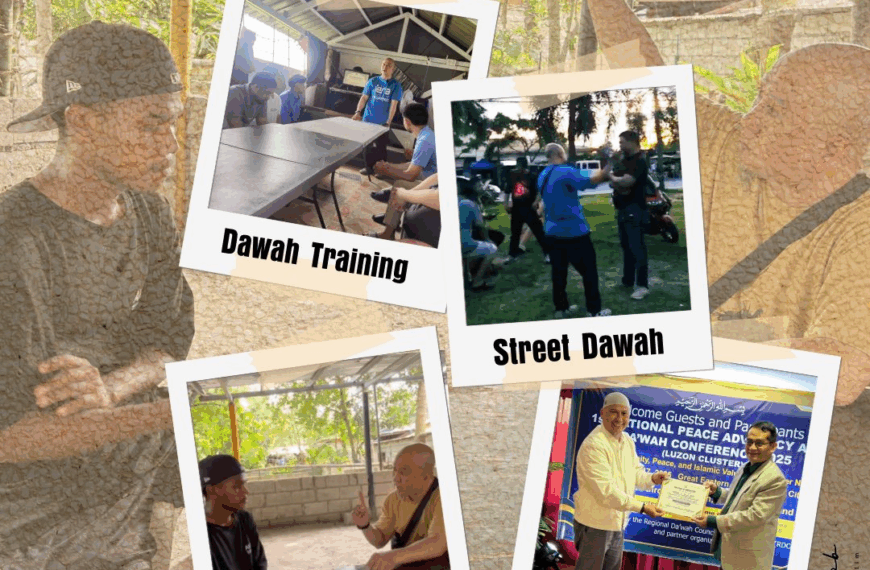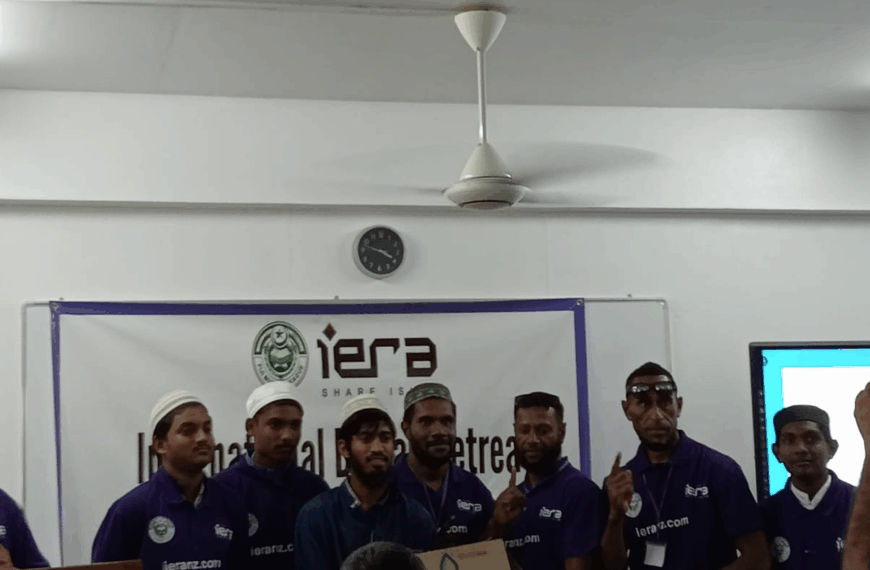The inaugural National Dawah Convention marked a historic milestone as dawah leaders, teams, organizations, and stakeholders gathered under one roof to collaborate and share best practices. The aim was clear: to build a vibrant, united, and impactful dawah network in the UK.
Sh. Abdurraheem Green, Chairman of iERA, set the tone by defining dawah as the specific act of inviting non-Muslims to Islam — distinct from general good deeds. He emphasised that dawah primarily happens through speech, not just good manners. Highlighting its elevated status with Allah, Sheikh Green reminded the audience that this is the path of the Prophet Muhammad ﷺ, urging all to embrace the mission for both personal and communal transformation.
Subboor Ahmad, CEO of iERA, spoke on the organisation’s global vision. Known for his lectures and debates on Darwinism, Atheism, and Islam, Ahmad continues to lead iERA’s strategic direction and worldwide outreach, striving to foster a deeper understanding of faith across diverse audiences.
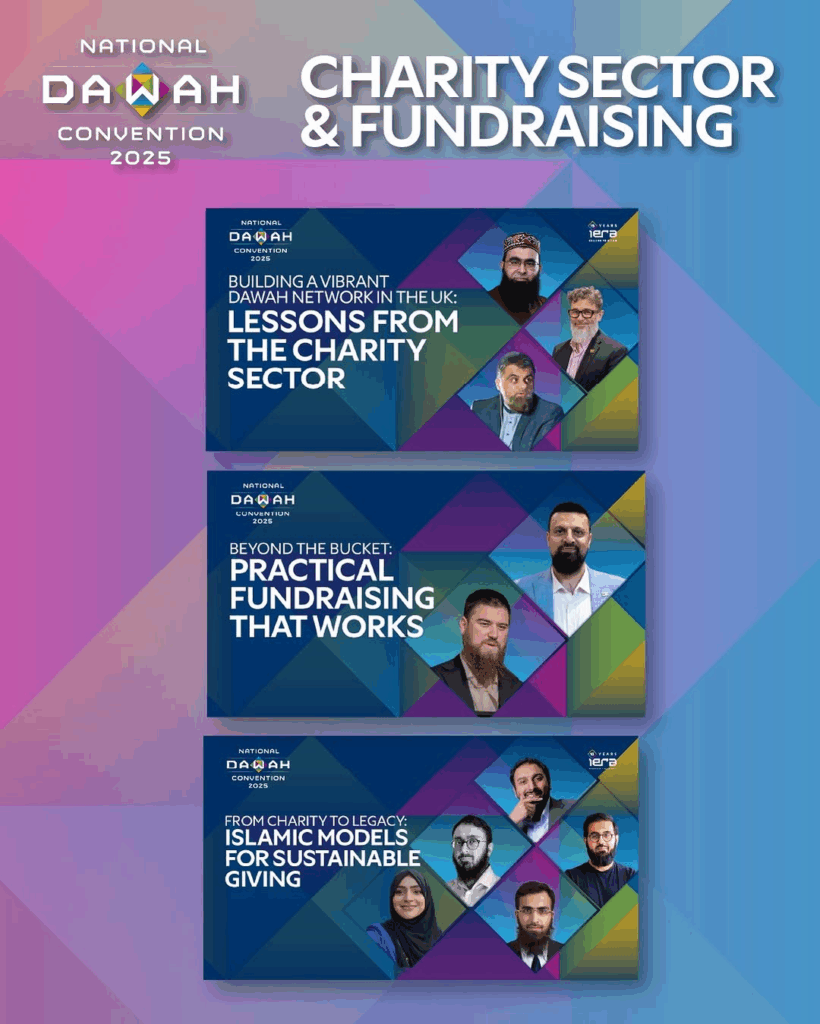
Reflecting on iERA’s journey, Yusuf Chambers highlighted the 16th anniversary of the organisation and its first UK conference in 2009. Stressing the urgent need for unity among dawah teams and mosques, he called for a national dawah strategy, describing the mission as “saving souls and unifying hearts” while urging the audience to be the “change makers.”
Expanding on practical frameworks, Sohail Arshad introduced the iERA UK Dawah Ecosystem, built on four pillars: training, resources, campaigns, and programs. This structure aims to support individuals and communities in effectively sharing Islam.
Adding historical depth, Adnan Rashid, historian and Head of Global Programmes at iERA, reflected on his dawah efforts, particularly in Africa. He explained how his current role oversees international projects, ensuring iERA reaches wider audiences while preserving the legacy of Islamic civilisation and scholarship.
Inspiring individuals to become ambassadors of faith, Hamza Tzortzis reminded attendees that dawah begins with people — ordinary Muslims equipped with the right tools, confidence, and knowledge to share Islam effectively in everyday life.
Shifting the focus to mosques, Imam Ashraf Dabous emphasised their central role beyond worship. He described masajid as hubs for dawah — welcoming newcomers, educating the public, and fostering dialogue within communities.
Dawah on university campuses was highlighted by Nadeem Ashraf and Asare Esa, who showcased strategies to represent Islam in academic environments. They stressed the importance of addressing misconceptions, engaging with diverse student communities, and building meaningful campus initiatives.
Exhibitions, another powerful tool, were discussed by Imran Abu Musa and Imtiaz Alam, who shared their expertise in planning and delivering impactful events in schools, public spaces, and city centres.
Panel discussions also provided thought-provoking insights. Azim Kidwai, Ibrahim Khan, Sufyan Ismail, and Wahid Azizi explored Islamic models for sustainable giving, encouraging a shift from short-term charity to building long-term legacies through financial independence and strategic donations.
In the session Beyond the Bucket: Practical Fundraising That Works, Saqib Sattar, Esa Khan, and Abdul Hannan Qazi outlined smart and sustainable fundraising methods. They encouraged organisations to embrace digital tools, engage donors effectively, and move beyond outdated collection models.
Lessons from the charity sector were explored by Imam Qasim Rashid Ahmad and Kashif Shabir, who urged dawah organisations to adopt proven practices in fundraising, volunteer management, and impact measurement.
On safeguarding, Jahangir Mohammed, Sheikh Sajid Umar, and Abu Tayeb delivered a vital message on protecting women in dawah and ensuring strong codes of conduct. They stressed that safeguarding individuals ultimately safeguards the dawah itself.
Finally, a critical session on The Far-Right Threat brought together Dilly Hussain, Hamza Tzortzis, Robert Carter, and Saqib Sattar. The speakers emphasised the urgent need for collective strategies to counter harmful narratives and far-right ideologies, using both organisations and media platforms to share Islam effectively.
The National Dawah Convention concluded as a powerful reminder that unity, strategy, and vision are essential in carrying the mission of dawah forward — transforming both individuals and the wider society


